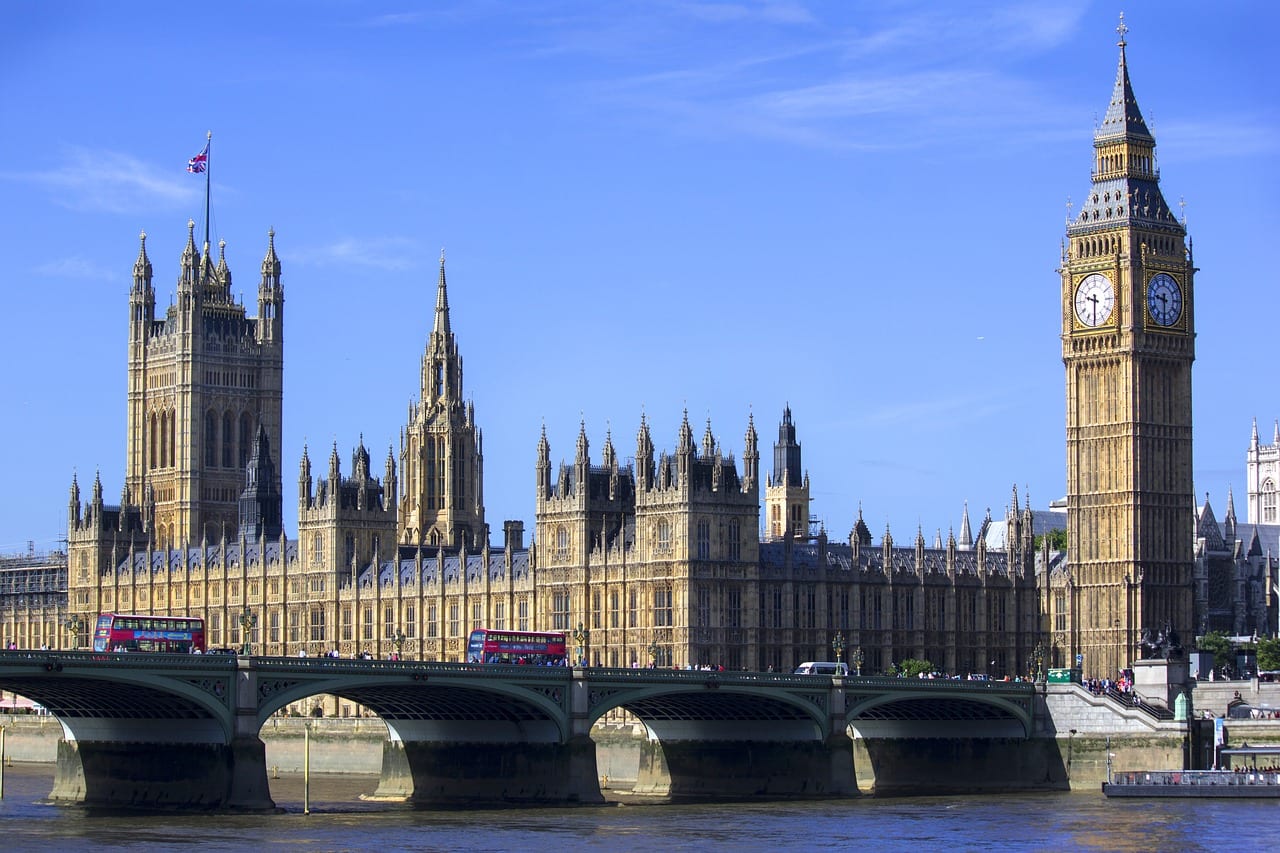Dr Lis Bates, Research Fellow within the Centre for Gender and Violence Research, responds to recommendations from the recent independent inquiry into harassment and bullying within Westminster.

In a blog post in April reflecting on the Newsnight exposure of a culture of bullying and harassment in the House of Commons, I asked:
“How can there be confidence in the system if those who are widely known to have transgressed are still allowed to get away scot-free? There needs to be proper investigation and justice for those who have already suffered. Recent criminal investigations have shown that, even in historic cases, perpetrators can and should be held to account for their actions. Should Parliament and the political parties not now do the same?”
The publication this week of Dame Laura Cox QC’s independent inquiry into Westminster culture has decisively answered: Yes, they should!
The recently-introduced Complaints and Grievance Scheme for parliament must be amended, she says, to allow complaints about ‘historical’ allegations. This would remove the arbitrary cut-off point of June 2017, before which allegations cannot currently be investigated because (the Commons leadership argued), to do so would be to judge Members under a different standards scheme to that in place at the time.
Not true, says Dame Laura: the standard was the same. That the complaints scheme governing that behaviour was deficient (as is widely agreed), does not mean that the minimum standard of behaviour was lower:
“There may not have been written policies in place expressly prohibiting such conduct, but it is obviously not the case that such conduct was acceptable among the Parliamentary Community in the past and will now be rendered unacceptable by the new Scheme.”
She goes further. Examining these older cases is vital to achieving culture change in Westminster and moving forward:
“some, at least, are extremely serious cases. Consigning them to oblivion is not at all consistent with restoring confidence, rebuilding trust and changing the culture. An important part of that culture change for the future should be examining, acknowledging and learning from the failures of the past.”
As well as this unequivocal recommendation that historic allegations be looked at, Cox calls for the establishment of a fully independent process to investigate and rule on claims of harassment and bullying.
Establishing independent oversight – and removing adjudication from the parliamentary Standards Committee, made up of MPs – is, she says, the only way to move beyond the perception and the reality that MPs are still ‘marking their own homework’.
She also is excoriating about the current parliamentary leadership, going so far as to say that she has doubts that change can happen while the current senior management are in post: “I find it difficult to envisage how the necessary changes can be successfully delivered, and the confidence of the staff restored, under the current senior House administration”.
In April’s post, I wrote that what victims of bullying, harassment and abuse want in terms of justice is: to be listened to, the perpetrator to be held accountable, and to be given voice and choice in what happens.
I know this to be true both from personal conversations in the last year with a number of friends and former colleagues in the House, but also from the research we do here in the Centre for Gender and Violence Research with victims/survivors of sexual and domestic abuse.
The Cox report underlines again how crucial these aspects are in achieving justice. The 200 individuals (70% of them serving employees) who spoke to the inquiry told her that the most important elements were “being listened to and taken seriously, having choice and a voice in the decision-making about their case”.
So often we hear of victims/survivors of abuse, harassment and bullying being blamed, discredited and undermined – Christine Blasey Ford just being the latest in a long line.
Dame Laura has changed this narrative. She has done more than just allow them to speak – she has explicitly weighed and vindicated their accounts. Bringing to bear her many years’ experience in forensic examination, she explicitly finds those who came forward to be credible, consistent and considered:
“Throughout this inquiry I have been struck by the professionalism, care and thoughtfulness of those who contributed. These were not people set on revenge or out to malign either individuals or the reputation of the House itself. Those present or former members of staff who came forward care very deeply that the place regarded as the heart of our democracy is failing to live up to the standards to be expected of any 21st century workplace.”
Through this inquiry, Cox has raised these voices up – listened with respect and taken them seriously. Those who spoke with her can feel that their accounts and their voices meaningfully have been heard. Let’s hope that parliament can now do the same.
Lis Bates is an ESRC Research Fellow in the School for Policy Studies, and a former clerk in the House of Commons.


